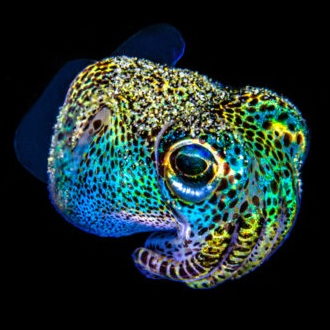https://xcancel.com/PeterHotez/status/1873162034201960946
---
A Bluesky post
So we are screwed?
[...]
It was ment as a fun post, but as some people are genuinely scared. H5N1 is nasty BUT human infection is EXTREMELY rare. There have been less than 1k cases in 20y. You are 80 times more likely to die from lightning strike. If you don't carry lightning rod around you should not worry.
https://subium.com/profile/volberg.bsky.social/post/3lf5uqfukze2u
Bluesky is funny. The libs are always so excited to shit on Trump - they didn't even shit on the OP and he really deserves it. He's impervious to knowledge and reason.
---
Peter Jay Hotez (born May 5, 1958) is an American scientist, pediatrician, and advocate in the fields of global health, vaccinology, and neglected tropical disease control. He serves as founding dean of the National School of Tropical Medicine, Professor of Pediatrics and Molecular Virology & Microbiology at Baylor College of Medicine, where he is also Director of the Texas Children's Hospital Center for Vaccine Development and Endowed Chair in Tropical Pediatrics. He also serves as a University Professor of Biology at Baylor University.


Not a virologist or immunologist, but I work in a related field and closely with immunologists who work directly on flu, including H5N1. We discuss this stuff regularly. Not comfortable giving specifics because a relatively small number of people work in it.
You're both right, but it just comes down to chance. The amount of evolution the flu can go through in 6 months is equivalent to billions of years for animals simply because of its high rate of replication. Lots of viral replication within a single organism, lots of opportunities to evolve.
I doubt that any strain that became a human epidemic would maintain a 50% survival rate for long as the more virulent strains tend to be more virulent partially because they are more survivable, but it's not as simple as that and it could happen if the virus can shed and spread to others much faster than it kills (more likely in covid due to shedding in the incubation period). You don't need a 50% survival rate to make a disease devastating to a population though. We've definitely seen this before. Also, your point about long-term effects despite survival is also a valid concern.
This shit is always brewing largely because of industrial animal farming and we know it. We teach it in undergraduate evolution virology courses. No reason we can't take additional steps to prevent it. The typical flu vaccine should provide some level of protection, but a single seasonal flue vaccine is not super effective on its own, particularly against strains not included in that year. This is why it's vital to get the flu shot every year so you can boost the efficacy through cross-protection (kind of a contentious statement within immunology). This can greatly increase the efficacy of the vaccine by combining your immunological memory of all these different flu vaccines, even if the protection of one of those single vaccines is not particularly high. Note that the current flu vaccine you can get doesn't prevent infection or spread, it only lessens the symptoms.
Additionally, there is an adjuvanted H5N1-specific vaccine that is not given to the public. This should provide better protection, but it's held in reserves and only deployed in the case of a pandemic. I haven't seen the data on its protection profile (they say 91%), it was before more time, but I'm familiar with the adjuvant AS03 and know that NIAID has been providing grants to research groups to further improve upon this vaccine for H5N1 specifically. Not sure if any new versions have reached clinical trials.
Some other factors to consider: Do enough people in the US consistently get the flu shot? (Lol, get real.) What about the rest of the world population? Is the virus different enough from the H5N1 species covered in the previous vaccines? There are a lot of unknowable factors influencing a potential outbreak and making a better vaccine specific to each flu strain is very difficult due to its crazy ability to evolve and the difficulties of vaccine development.
All that said, I'll take precautions to avoid catching this and I think taking the threat more seriously than the US government is currently is justified. If they aren't deploying the 2013 H5N1 vaccine to at-risk populations like industrial animal workers, they've already dropped the ball imo.